2 August 2024
Manuela Schwesig
Presidènta e Bundesrat-esqi Germània
Seravutno àkti k-o Evroputno Dives e Seripnasqo vaś o Genocìdi e Sintenqo aj Rromenqo p-o 2to Avgust 2024 k-o purano nazìsto kàmpi e koncentraciaqo aj eksterminaciaqo Auschwitz-Birkenau
Dear survivors,
Dear representatives of the Sinti and Roma,
Dr. Cywinski (Director of the Museum),
Dear Senate President (Mrs. Kidawa-Błońska, Poland),
Dear President of the Bundestag (Bärbel Bas),
Ladies and gentlemen, Members of Parliament,
Dear Minister of State (Claudia Roth),
Mr. State Secretary (Władysław Teofil Bartoszewski, Poland)
Ranǎ!len aj Raja!len,
The place Auschwitz-Birkenau
This is my first time in Auschwitz.
It is a special moment to be standing here with you.
A shocking and moving moment.
Last night we experienced a most moving concert in the Krakow Philharmonic Hall. A worthy commemoration.
We have just been together in Block 13, in the exhibition on Porajmos.
We saw the family photos, the photos of the prisoners, the pictures of the murders.
We saw the endless lists of names.
I imagined how people suffered here.
I can hardly imagine how difficult it must have been for survivors or relatives to come here.
More than one million people were killed in the Auschwitz-Birkenau concentration camp.
Around 20,000 of them were Sinti and Roma. A transport of Sinti and Roma from my home state of Mecklenburg-Vorpommern arrived here on March 12, 1943.
Very few of them survived the Porajmos.
The last Sinti and Roma who were still in the Auschwitz concentration camp were killed 80 years ago, on August 2, 1944.
We remember them today.
We remember the 500,000 Sinti and Roma who were murdered during the National Socialist era.
We also remember all those who resisted National Socialist rule.
The Sinti and Roma here in Auschwitz as well as the Polish insurgents in Warsaw. Yesterday marked the 80th anniversary of the Warsaw Uprising.
Coming to Auschwitz as a German is a difficult journey.
Germans were responsible for the millions of murders.
Germans were responsible for the racial ideology that was used to justify this murder.
I stand here in the awareness of German responsibility and German guilt.
I am ashamed of what Germans did to people.
At the same time, I am grateful to be here with you all as President of the German Federal Council.
The German Federal President Frank-Walter Steinmeier once said here in Auschwitz: “Reconciliation is a grace that we Germans could not hope for or even expect. But we want to live up to it.”
Over the past 80 years, we have become neighbors, partners, allies and friends in Europe.
I would like to help maintain and further develop this friendship.
Responsibility for the present and the future
Ranǎlen aj Rajalen,
Places like Auschwitz are important. In order for us to retain and pass on an awareness of these crimes.
There is a youth initiative involving Roma and other people who have set themselves the task of commemorating Holocaust Memorial Day and providing information about the lives of Sinti and Roma today.
It is called “Dikh ne na bister”, and I would like to emphasize that today, because it is our mutual mission.
Dikh he na bister. Look and don’t forget.
It took a long time for Sinti and Roma to be recognized as persecuted and victims of the Nazi regime.
Many of those who escaped the concentration camps later suffered discrimination, racist hatred and violence again.
Prejudices against Sinti and Roma persist to this day.
There are also repeated attempts to trivialize the National Socialist tyranny.
There are once again political forces attacking democracy and claiming the superiority of one group of people over all others.
We must not tolerate this.
Let us work together to ensure that racial hatred, exclusion, violence and murder never gain the upper hand again.
Sinti and Roma are part of us. They are part of Europe.
A dignified remembrance of the suffering of the Sinti and Roma during the National Socialist era is the basis for a good, equal coexistence today.
Living together is linked to a readiness to come to terms with the history of the Sinti and Roma and to respect their unique characteristics.
Auschwitz is a terrible place because so many people were tortured and killed here.
But Auschwitz is the right place to say together, from the heart and with full conviction: Never again.
Palikerav tumen.
Statements 2024
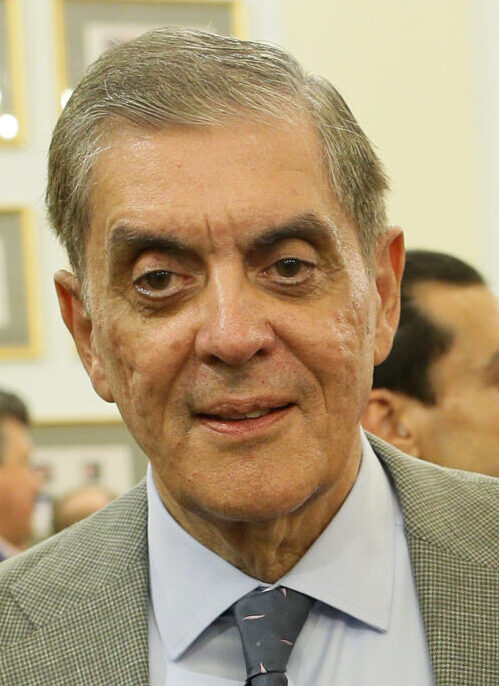
Romani Rose
Centràlo Sombeś e germanikane Sintenqo aj Rromenqo
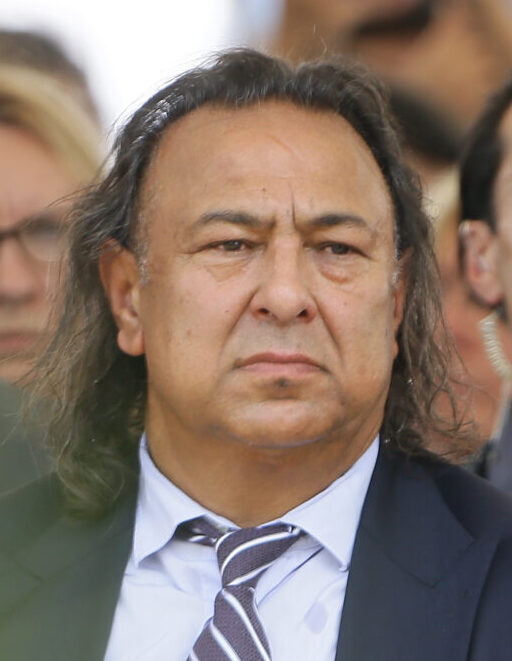
Roman Kwiatkowski
Asociàcia e Rromenqi and-i Pòlska
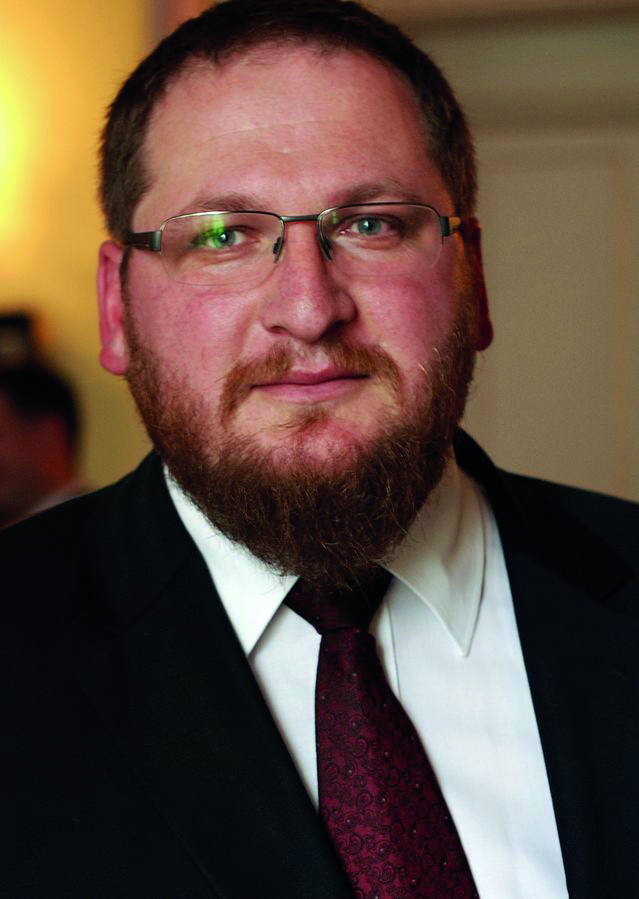
Piotr Cywinski
Direktòri e Themesqe Muzeosqo aj e Memioralone Thanesqo Auschwitz-Birkenau
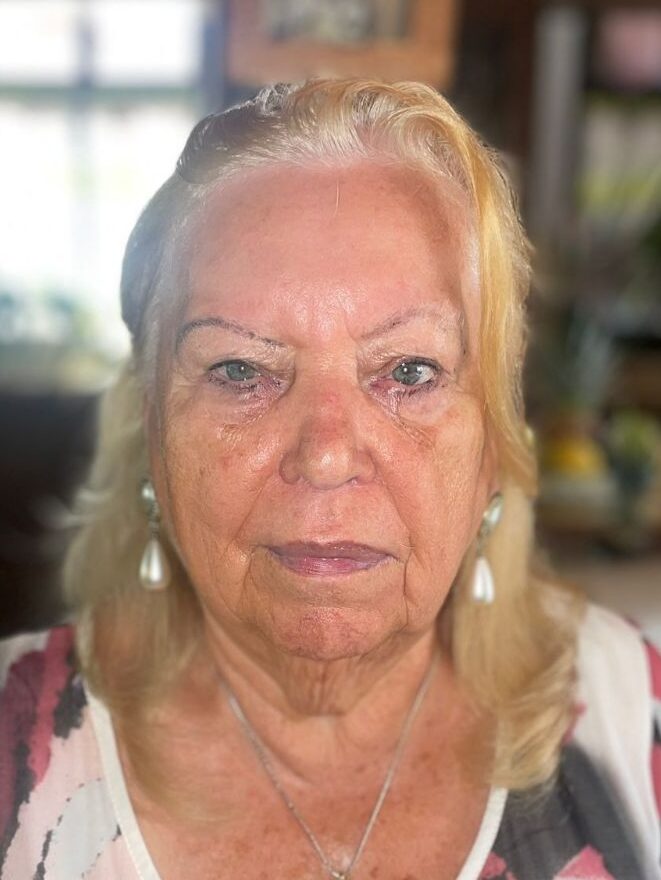
Alma Klasing
Praʒivdi e genocidesqi
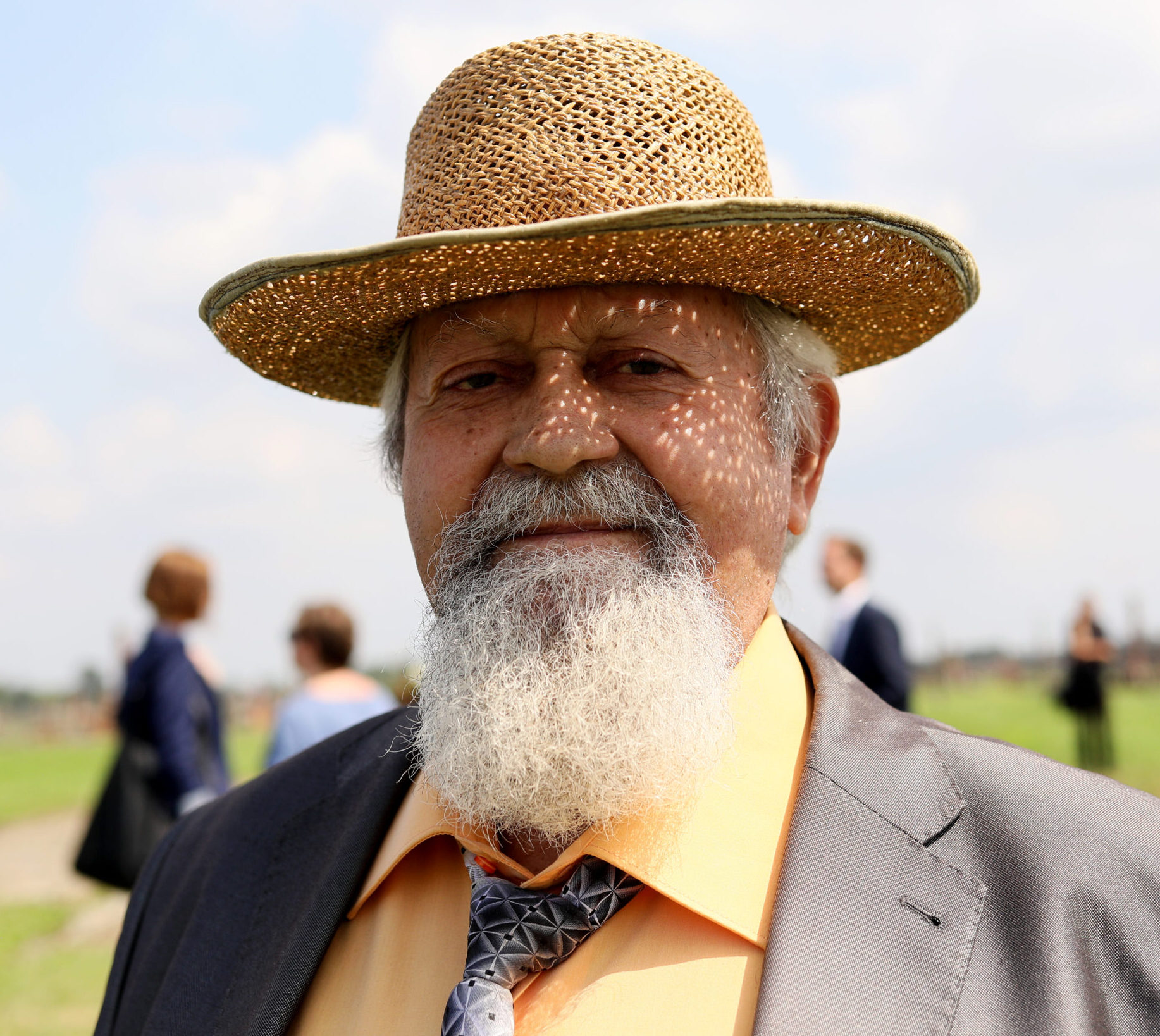
Bolesław Rumanowski
Praʒivdi e genocidesqi










